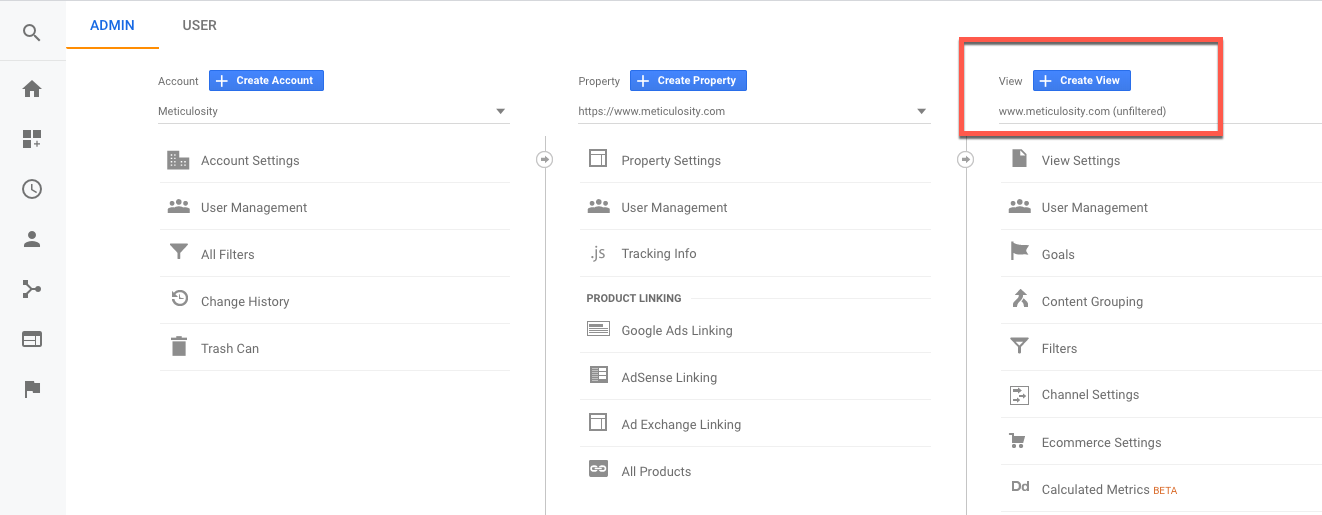About In Which Order Does Google Analytics Filter Data
Wiki Article
What Does In Which Order Does Google Analytics Filter Data Mean?
Table of ContentsExcitement About In Which Order Does Google Analytics Filter DataThe smart Trick of In Which Order Does Google Analytics Filter Data That Nobody is Talking AboutIn Which Order Does Google Analytics Filter Data Can Be Fun For AnyoneFascination About In Which Order Does Google Analytics Filter Data
g. use comparison drivers on dimensions) after that you need to define the worth as JSON. Problems that let you limit the collection of sessions or users your query applies to. Sectors can be specified in either styles: As an example, any one of the adhering to are legitimate worths for the sectors parameter.If you require to do advanced division (e. g. use contrast drivers on dimensions) then you have to define the value as JSON. The maximum variety of results that will be returned for a record. If this parameter is left empty, all outcomes are returned. For reports that you anticipate to return thousands or millions or results, it's recommended to establish a restriction.
The link of an external Spread sheet to result the result. By default, results are outputted to a sheet in the existing spreadsheet. Keep in mind, you have to have edit permissions on the spread sheet to use this attribute. When TRUE the record in the matching column will not be run. This alternative is valuable if try out a new report and you do not wish to run all your reports till you're finished.

A Biased View of In Which Order Does Google Analytics Filter Data
Ensure not to confuse this with the term "Google Account": One can contain up to 25 Google Analytics accounts (look into this post if you reach this restriction yet wish to have more than 25 accounts). Please note that in some locations Google utilizes the term rather than, but regarding I can tell, both terms stand for the very same entity as well as I will use the term throughout this message.
You can solve the total information sampling issue by creating subsets of your information utilizing views but that only helps with common records (In Which Order Does Google Analytics Filter Data). Given that session tasting is done on the home level, producing multiple sights will certainly not avoid information sampling when applying advanced segments or developing personalized records. You can discover more details regarding information sampling here
click here for info From my past experience, Google does refine greater than this quantity, however I'm not exactly sure if it refines every one of the data, or simply more than this stated limit. If you have even more than 200,000 sees a day, Google refines the information daily which might result in a delay of two days in your data refreshness.

The Single Strategy To Use For In Which Order Does Google Analytics Filter Data
g., one for the primary website, one for the blog, and one for the support website), review after that you will not be able to inform the number of individuals in overall seen your brand name's residential or commercial properties (as the user who checked out the main site and afterwards the blog site will be counted two times rather than just when).Otherwise, think what their total bounce rate would certainly be, or their conversion rate from brows through to enrollment, if their blog was defined as part of their major website residential or commercial property. As soon as I have actually determined to separate the internet site into a variety of properties, I like to begin at the end and work backwards, initial checking out each area as well as choosing which of them ought to have a different residential or commercial property.
As each internet residential or commercial property is, in the majority of instances, targeted at a different target market kind (with different behaviors), it makes feeling to separate the major website from the service site, equally as it makes feeling to separate the blog site, the assistance website, as well as the landing pages. My guideline is to separate a site into homes based on the characters who will be using the site.

Excitement About In Which Order Does Google Analytics Filter Data
You obtain the photo. If KISSmetrics just had one building, with several more blog site viewers than paying clients, their general logical metrics would be inaccurately affected by the blog readers. There are two choices that can be utilized as opposed to multiple residential or commercial properties: Google Analytics enables you to sector the information (making use of advanced division) or you can separate the sections into apart sights.Be mindful, nonetheless, if you pick either of these approaches, as I will certainly currently discuss. The sophisticated segmentation feature is considered less efficient for lengthy term division functions. It is a great way to run impromptu inquiries, yet if your search engine optimization manager is interested in one details segment, she will certainly need to re-choose this segment each time she takes a look at the data.
Report this wiki page